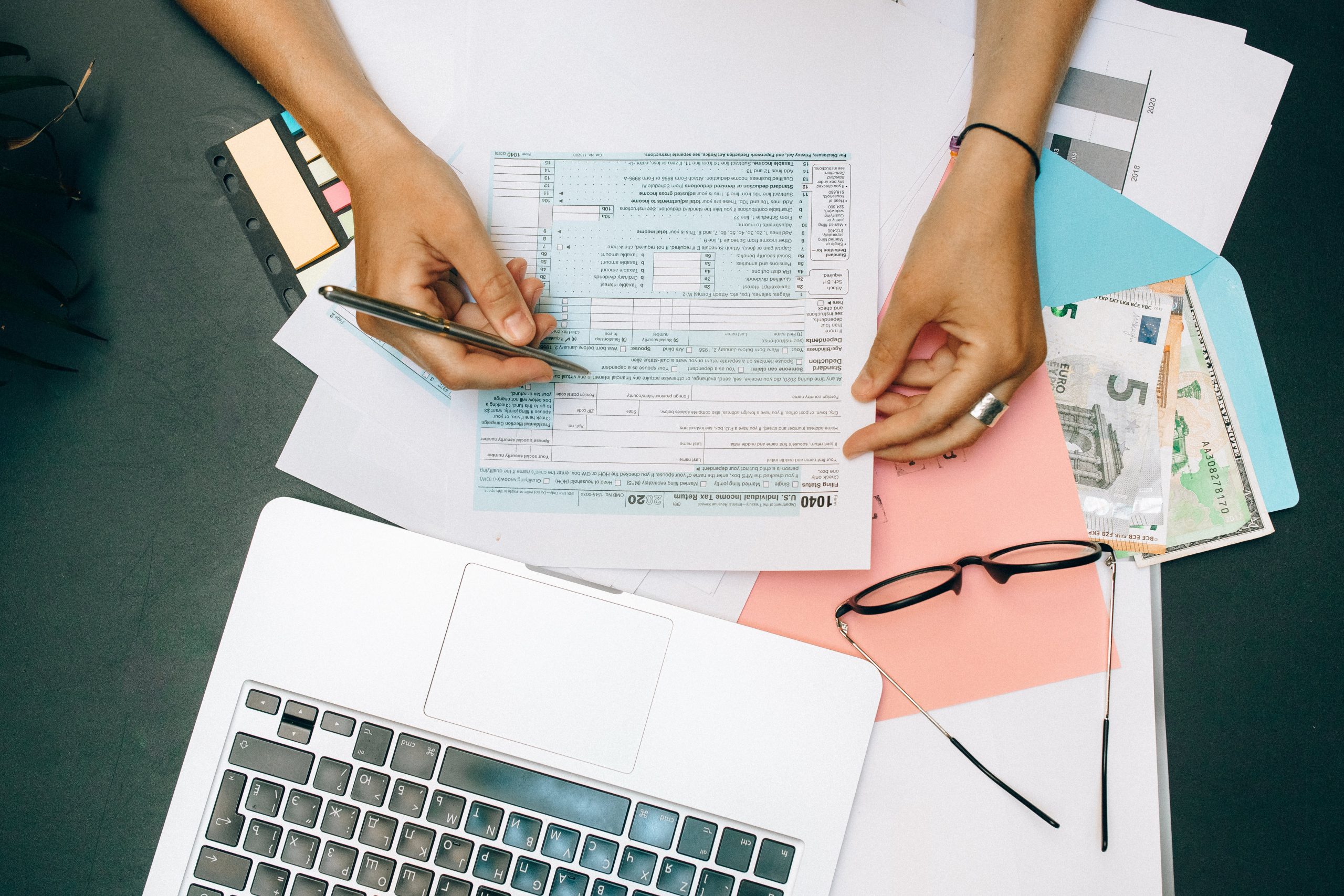Any individual that meets the Self Assessment requirements and hasn’t submitted a tax return by the deadline, will be subject to a penalty.
- 1 day late – £100 penalty.
- 3 months – a possible additional penalty of £10 per day (to a maximum of 90 days).
- 6 months – a further penalty of £300 or 5% of the tax owed may have to be paid. Whichever value is greater will apply.
- 12 months – another penalty of £300 or 5% of tax owed, whichever value proves to be higher. However, some cases have led to an additional charge of 100% of the tax owed.
The severity of the penalty for missing the deadline will therefore vary depending on how long after the deadline it is before the return is submitted. It can also be influenced by other factors. The bottom line is to avoid missing a tax return deadline altogether. The best way to do this is to enlist a Chartered Accountant to oversee the preparation and filing of your tax return and ensure your statutory requirements are being met.
In addition to penalties for late filing, there are separate penalties associated with late payment. These also scale depending on the how late the payment is.
- 30 days — you must pay 5% of the tax you owe at that date.
- 6 months — you must pay a further penalty of 5% of the tax you owe at that date.
- 12 months — you’ll have to pay a further penalty of 5% of the tax you owe at that date.
